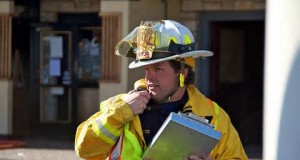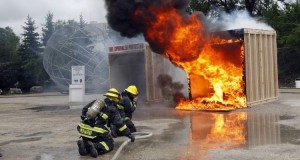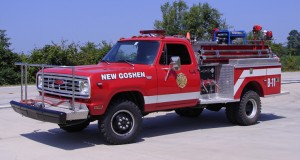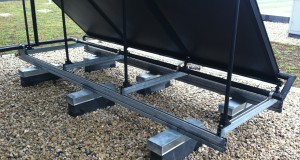What I find to be true for the points made by both Linda and MB Firefighter is that all but one—the impact of emergency incident management on firefighters—are entirely within our scope as leaders and managers to manage out of the fire service.
Read More »Tag Archives: fire department management
Legacy in Action
Each of us who serve in the fire service, especially those of us privileged to have a leadership position, wants to leave a legacy. We want to feel that our time, energy, and contribution will have a lasting positive influence of the organization long after we hang up our helmet for the last time. I think this is especially true for those of us who—in addition to holding an officer rank—also embraced our roles as a teacher, coach and mentor
Read More »A Tale of Two Fires
I learned of the fire via a post on our Facebook Group, CFD Members Past & Present, and I have to be honest in that my first thought was “Oh, no!” Why such a reaction—which happened before I opened the link to the news story about the fire—to this fire? Because I’d seen it before.
Read More »3 Tools for Sharing Organizational Knowledge
So how can we in the Fire & EMS profession more proactively “capture” such knowledge before it “walks out the door” with the next retiree? Let’s take a closer look at some of our “old and reliable” information management tools: policy, procedure, and processes. Frequently, we use these terms interchangeably, but they are not synonymous at all. However, if we understand how the “fit” together, we will find that they can serve as powerful tools to help transfer organizational knowledge from one generation of members to another.
Read More »America’s Continued Addiction to Fire Suppression
Sound rather harsh? Sound unrealistic? So does closing fire stations and laying off firefighters. So does continuing to expose firefighters to increasing levels of risk of injury or death because of negligence on the part of building occupants, developers, and builders. So does continuing to increase the fiscal burden to local taxpayers to pay for an antiquated fire protection model that is reactive rather than proactive. Fire service leaders keep saying that we need to "think outside of the box" and make better use of technology, but more increasingly expensive technology that supports the "wrong" model is not the answer. I believe that the only way to change the outcome is to change the culture.
Read More »Being the First-line Supervisor Ain’t Easy
The company officer (first-line supervisor) is the toughest "gig" in any fire department, but too many of those officers make it harder than it needs to be by not wanting "to be the bad guy", i.e., the officer who follows policy and procedure and makes everyone else follow them as well.
Read More »Tips for Keeping Your Apparatus and Station Secure
Not a day goes by, it seems, that we don't learn about fire and EMS apparatus being taken "for a ride" by unauthorized persons. From fire stations to emergency scenes to hospital parking lots, fire trucks and ambulances are not only being illegally taken, but also used to create general damage and mayhem before the perpetrators are apprehended.
Read More »10 Steps to a Greener Fire Station
Having the ability and resources to build a new fire station that's more energy efficient with a smaller carbon "footprint" is certainly desirable, but what about sustainability challenges for existing stations out there?
Read More »Why Don’t We Tell Them?
In the absence of factual information, most people will believe whatever they hear or will Social media mind mapmake up their own version of reality based upon their past experiences. In today’s “informational overload” world there are more than a few ways for people in a community to know what the men and women of their fire and EMS department are “up to”, both good and bad. Successful departments are those who've embraced social media in a proactive way to engage their communities in two-way communication.
Read More »Delivering Customer Service with Lights and Sirens
A Fire Medic Perspective: Delivering Customer Service with Lights and Sirens. Rom Duckworth discusses how a culture of customer service can work in the real-world with retired Battalion Chief (and prolific author) Rob Avsec.
Read More » Fire & EMS Leader Pro The job of old firefighters is to teach young firefighters how to become old firefighters!
Fire & EMS Leader Pro The job of old firefighters is to teach young firefighters how to become old firefighters!








